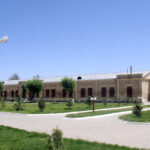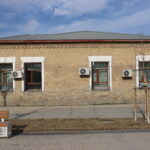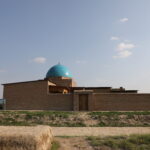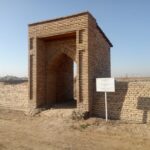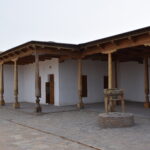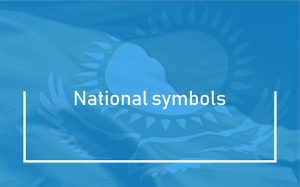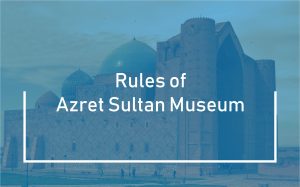Abulfeiz Abulmambet uly was eminent and public person during the period of contradictions and battles of Kazakh khanate in XVIII century, ruler of ulus, who initiated migration of Kazakh people to the east region after attack of Dzungarian State. The son of Abulmambet, khan of Middle zhuz. In historical records his name was “Abilfeiz”, “Abulfaiz”. In scientific researches, in 1743 Abulfeiz sultan was sent to Dzungaria instead of Abylai sultan: “Abulmambet khan and Barak sultan send two sons with their families, including forty families as hostages” (Moiseev, 1983: 187). Following facts mentioned in historical records: “Abulfaiz was khan of naimans, in due time he was at Kulja, Shaushek, upper part of Zaysan lake and reach foot of Alatau along Irtysh river” (Artykbaev, 2001: 153). In 1771–1783 he ruled on the territory of East Kazakhstan. Abulmambet khan’s sons Bolat and Abulfeiz mentioned in Russian written sources: “One of them ruled the race of Altay argyn, while second Karakerei Naiman”. Despite social-political and economic situation in Kazakh society, he got used to understand and solve tasks of a ruler with responsibility since his childhood. In battles against Dzungarians, Abulfeiz becomes reliable supporter for Abylai khan. In 1757 he was spotted in a battle against kalmyks and Chinese for Tarbagatay and Altay mountains. By sending ambassadors to Russia and China, Abulfeiz tried to enhance trade relations with neighboring countries. Documents describing relationships between Kazakh khanate and Qing empire in second half of XVII century contains many information “about ambassadors sent by Abulpeis” (100 documents, 66–67). He established diplomatic relations with China and made great contribution for development of Kazakh-Chinese and Kazakh-Russian relationships (Kazakhstan, Brief Encyclopedic dictionary, 2005: 84). According to historical records of Kurbangali Khailidi uly, Abulfeiz Abulmambet uly died on jailow (high mountain pastures) in 1783 and was buried in mausoleum of Khodja Ahmed Yasawi in Turkestan. Presumably therefore, Abulfeiz sultan mausoleum on the north side of Shyngystau in the upper reach of Alpeiz river is a temporary mausoleum of khan.
ABULFEIZ KHAN ABULMAMBET ULY


